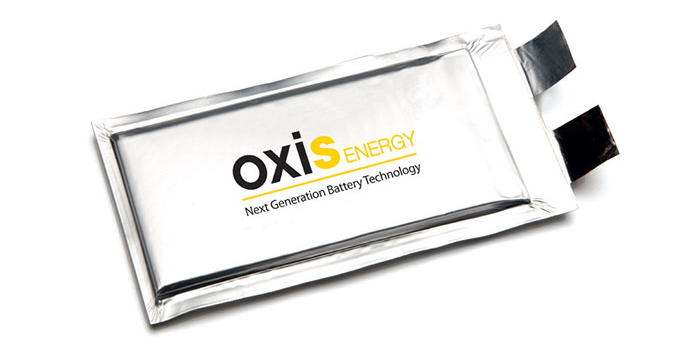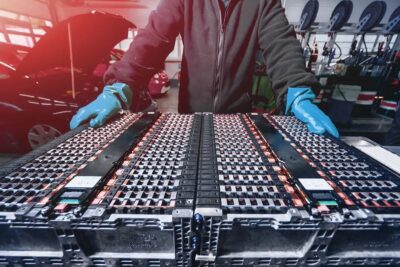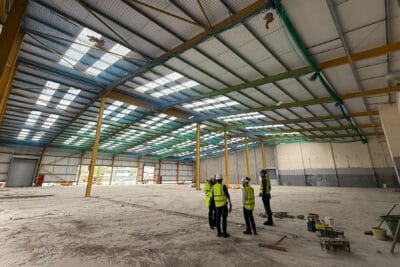Oxis prepares for serial production of Li-S batteries
The lithium-sulfur battery specialist Oxis Energy has announced plans to build the first production plant for the manufacture of electrolyte and cathode material specifically for the mass production of lithium-sulfur cells in Port Talbot in Wales.
Oxis Energy signed a 15-year lease for the site where the plant is to be built. The factory will produce the precursors for the cathodes and electrolyte of Li-S cells on an industrial scale.
The components produced in Wales will go to Oxis Energy’s manufacturing facility in Brazil, where they already plan the mass production of Li-S cells. The company has not yet specified the exact production capacities of the two plants. The most recent press release states: “The objective is to produce the active material in Port Talbot in order to supply the cell capacity production in millions of units from 2020 until 2030”.
Huw Hampson-Jones, CEO OXIS Energy added: “With support from both the State Government of Minas Gerais and the Welsh Government, including the investment made by the Development Bank of Wales, OXIS is working towards the commercialization of mass production of lithium-sulfur cells for electric batteries in order to address our target markets – aviation, marine and buses and trucks (Heavy Electric Vehicles).”
Meanwhile, the Li-S specialist with its niche know-how is a welcome cooperation partner. Oxis Energy is a key player in the European LISA (Lithium Sulfur for Safe Road Electrification) project launched on 1 January 2019 and also manages the Lithium Sulfur Future Automotive Battery (LiSFAB) project, financed by Innovate UK, for the commercialization of lithium-sulfur technology for large electric vehicles.
Li-S batteries should offer higher energy densities at moderate costs. In contrast to other lithium metal batteries, these cells have the advantage to operate at room temperature. However, there has not been a commercial breakthrough because Li-S cells lose their storage capacity after only a few charging cycles. Research into lithium-sulfur cells is increasing internationally, including at DLR. At the end of April, researchers from Sweden reported that they had achieved 350 charging cycles with innovative Li-S cells.





0 Comments